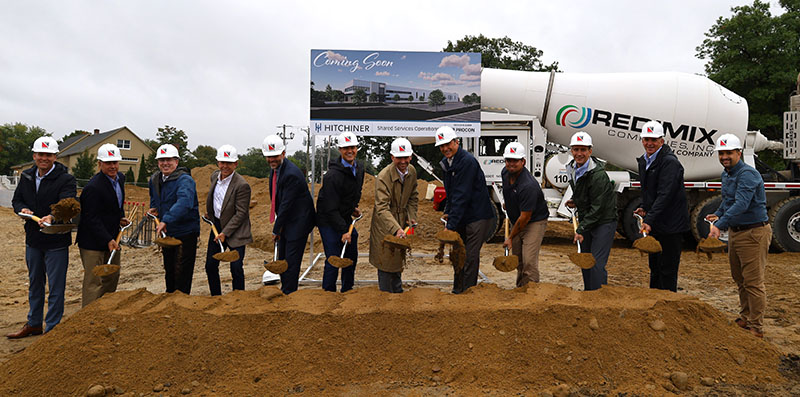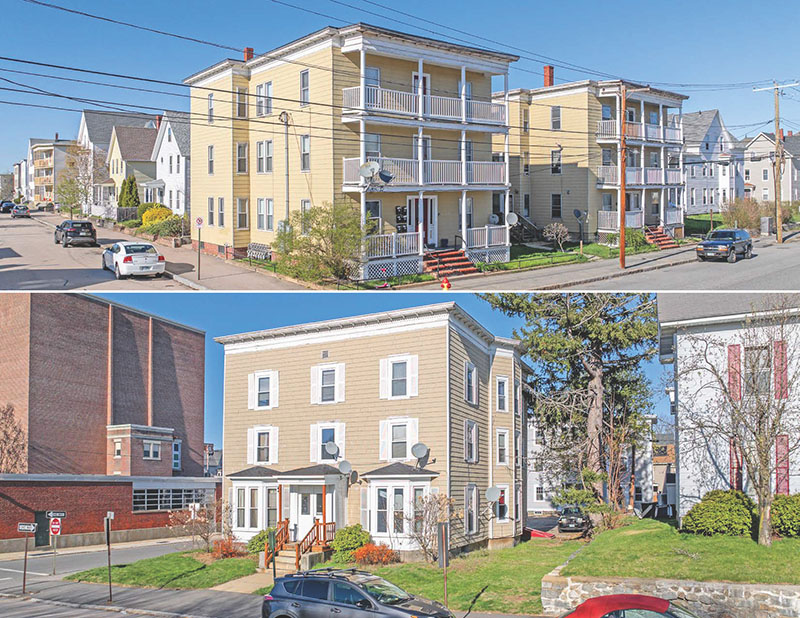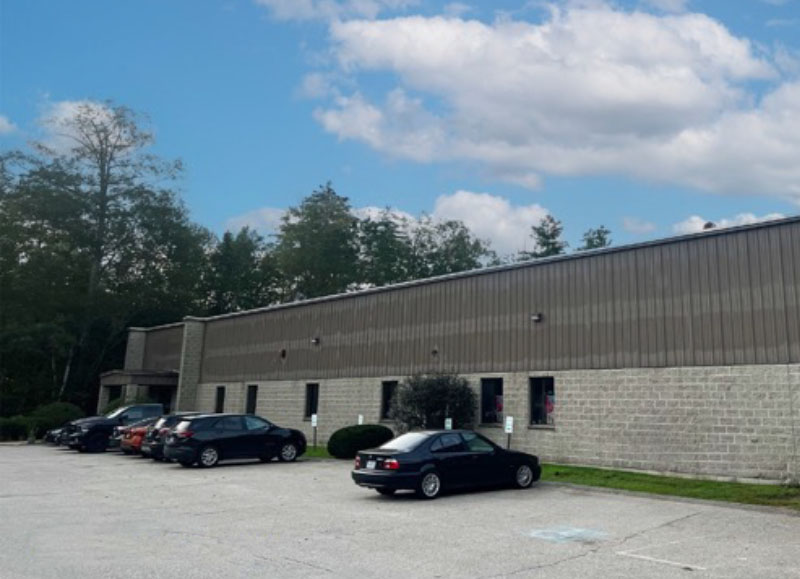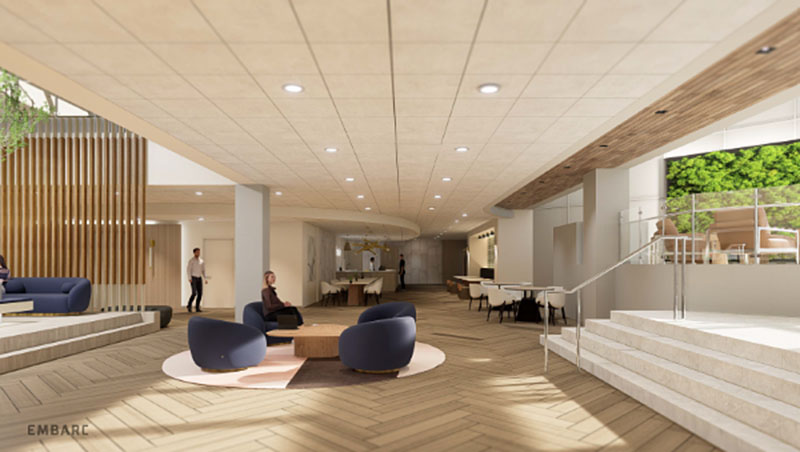MEREDA to hold annual forecast conference in February 2024

Portland, ME The Maine Real Estate & Development Association’s (MEREDA’s) Annual Forecast Conference and Member Showcase has a new date: February 29th, 2024. As we leap into the new year, leaders from the state’s real estate and development community will gather at the refreshed Holiday Inn By the Bay to provide an economic overview and outlook on the industry’s key economic indicators. Along with the new date, the 2024 forecast conference will have a new afternoon format that will allow attendees to choose between various presentations from leading industry insiders.
“If you care about responsible development in Maine, the forecast conference is where you want to be,” said MEREDA president Craig Young. “MEREDA really excels at facilitating important conversations about the issues facing our industry and our state. To be able to be in the room with some of Maine’s top real estate leaders is invaluable; it’s simply the best way you can start the new year. ”
MEREDA vice president and conference committee chair, Shannon Richards, said, “MEREDA’s cornerstone event brings us all closer as a community, a community that is working to design, build, and develop responsibly in Maine. I’m thrilled that we will be gathering to look forward to 2024 in a new way.”
This conference brings together the largest gathering of commercial real estate professionals in Maine, and is specifically geared toward developers, brokers, architects, bankers, attorneys, accountants and other industry professionals. According to Shelly Clark, MEREDA’s executive director, MEREDA’s forecast conference will be in-person only and held at the Holiday Inn By the Bay on February 29 from 8am to 5pm.
PROCON and Hitchiner break ground on 57,000 s/f shared services operations facility








